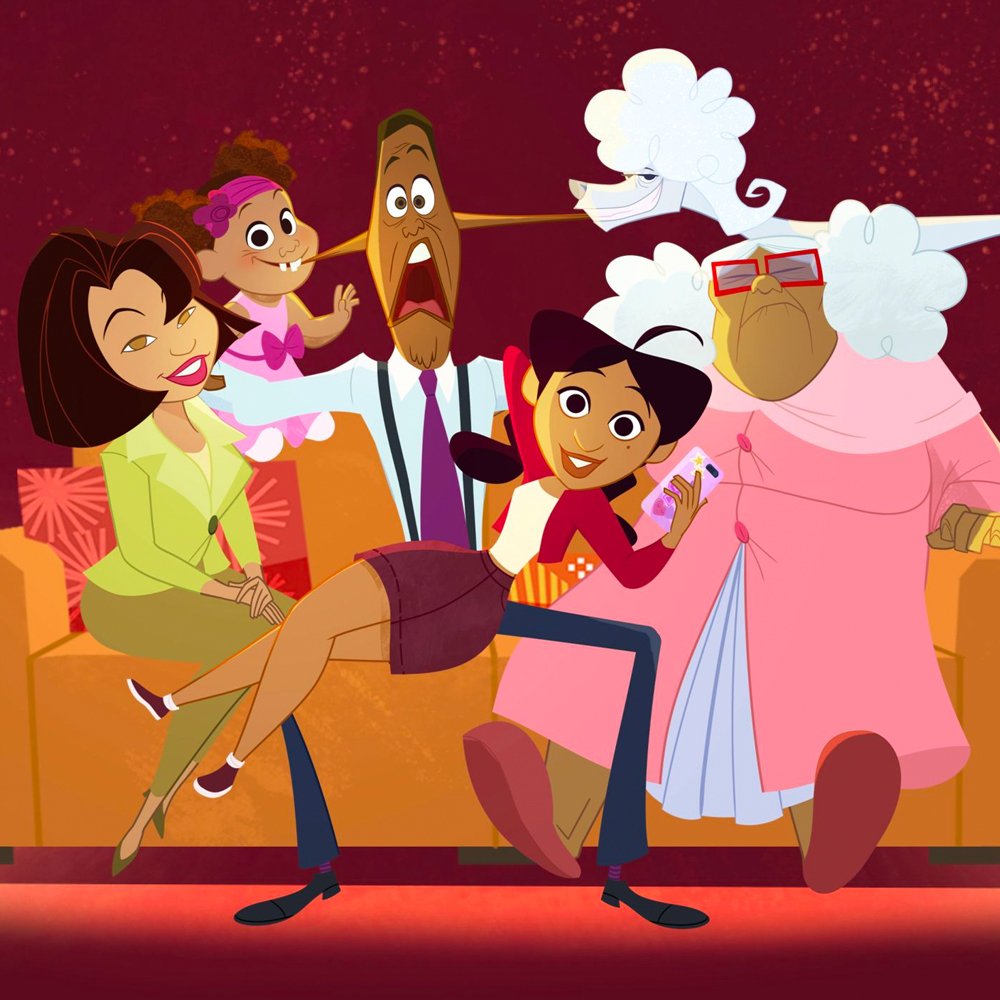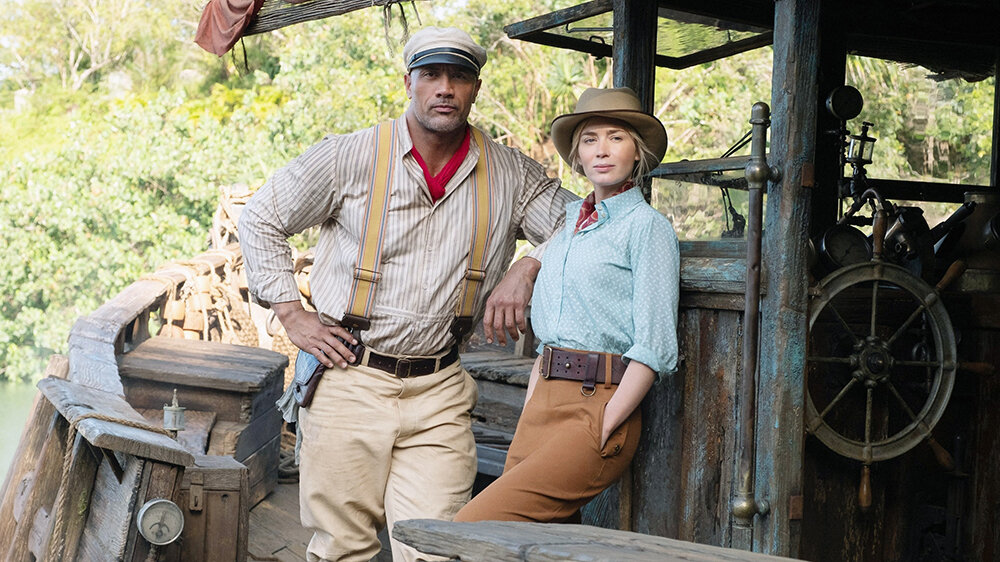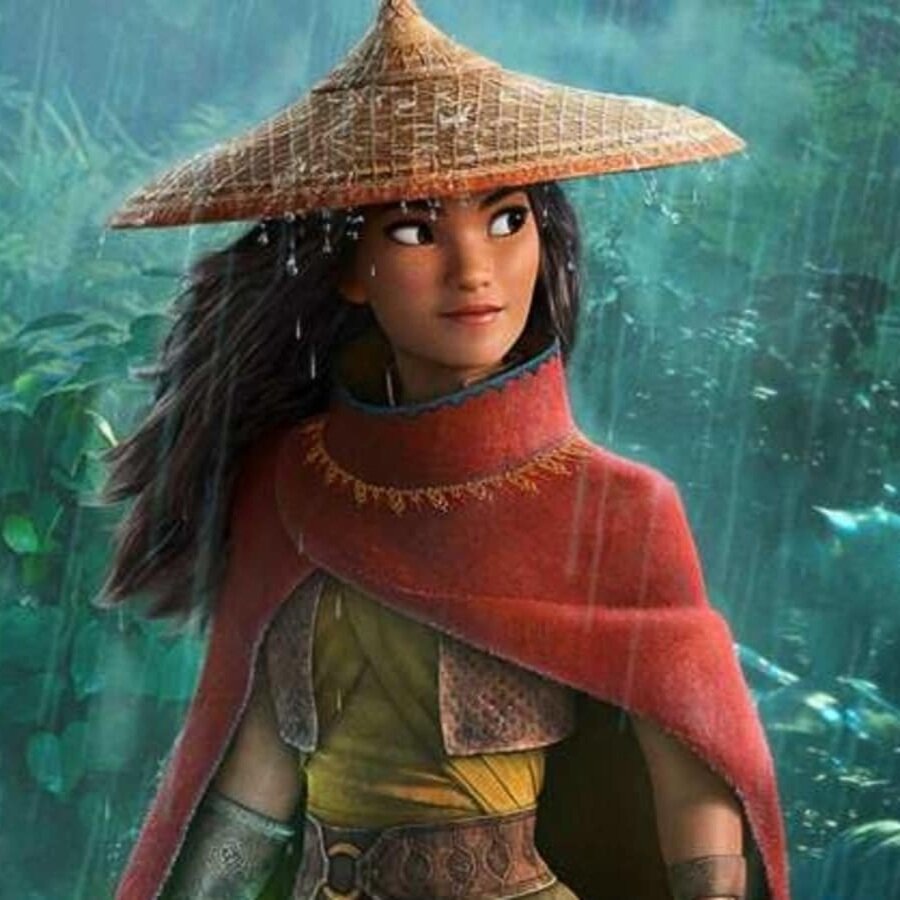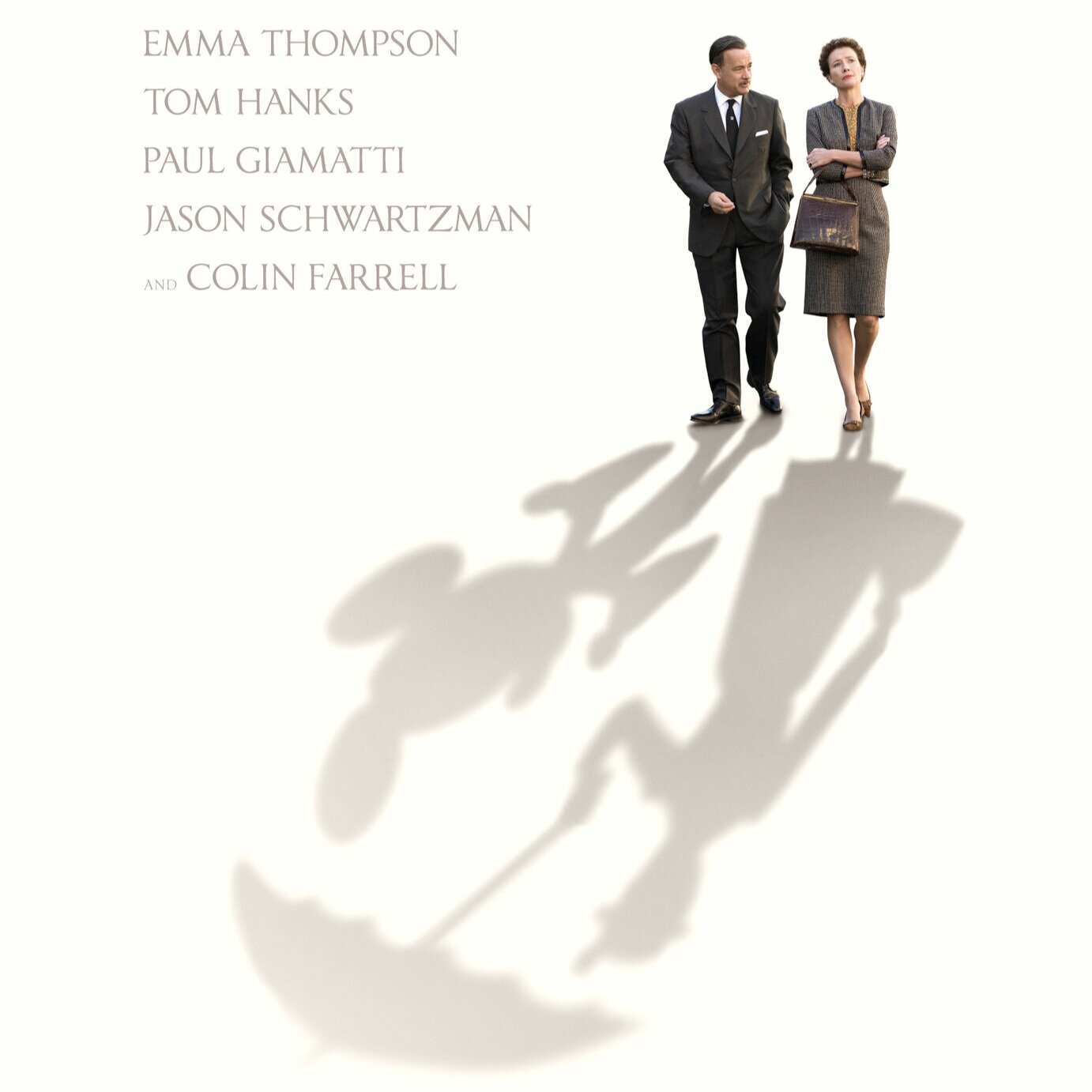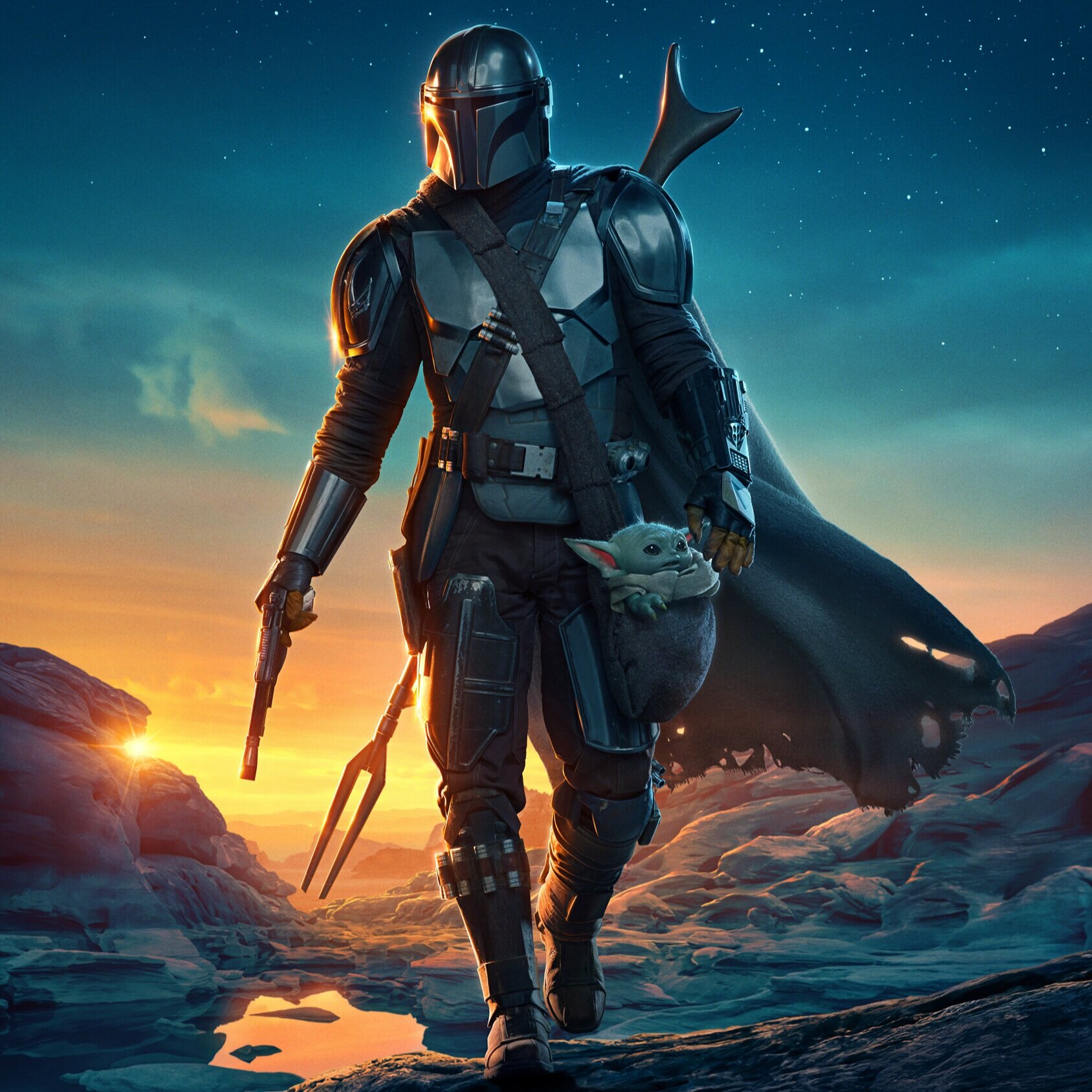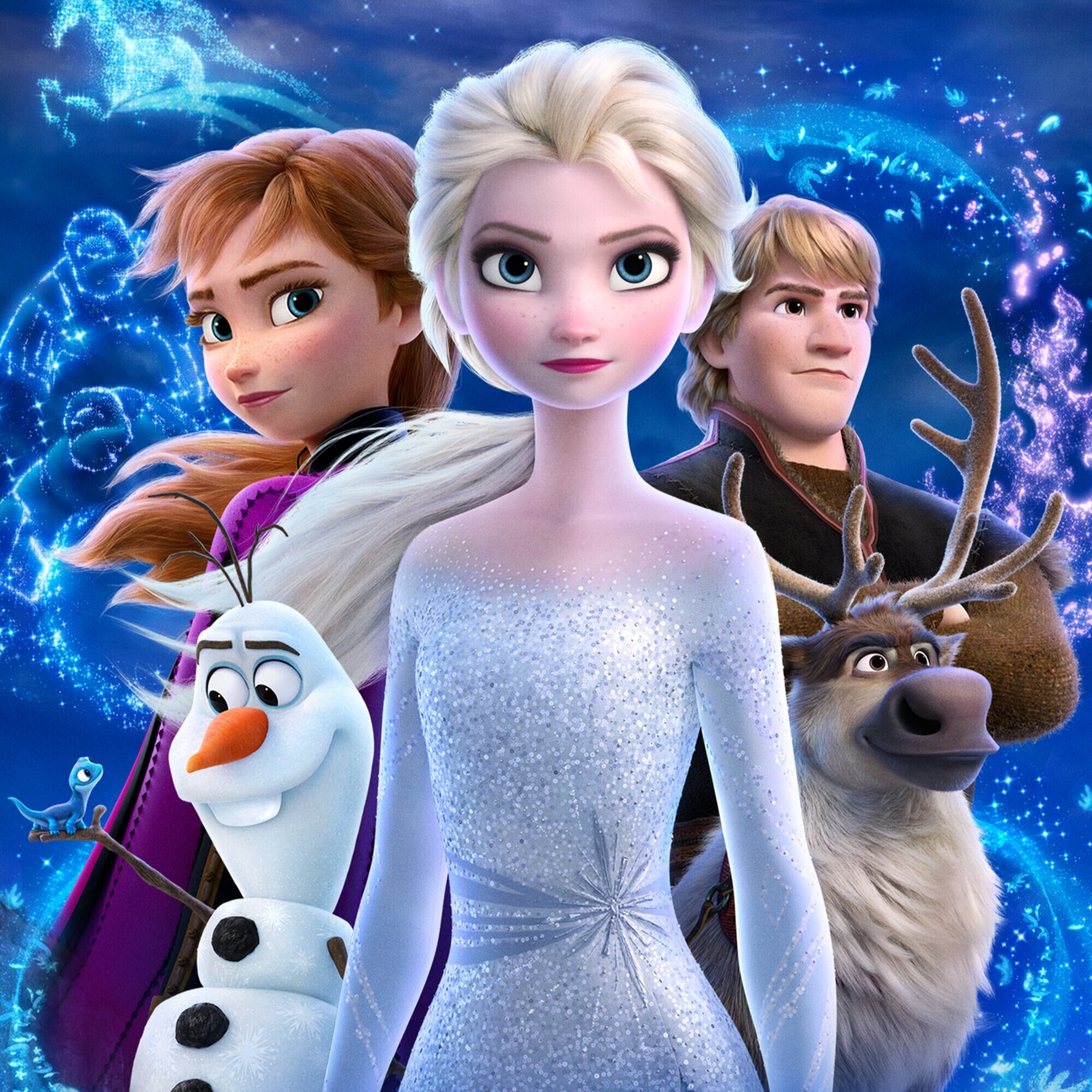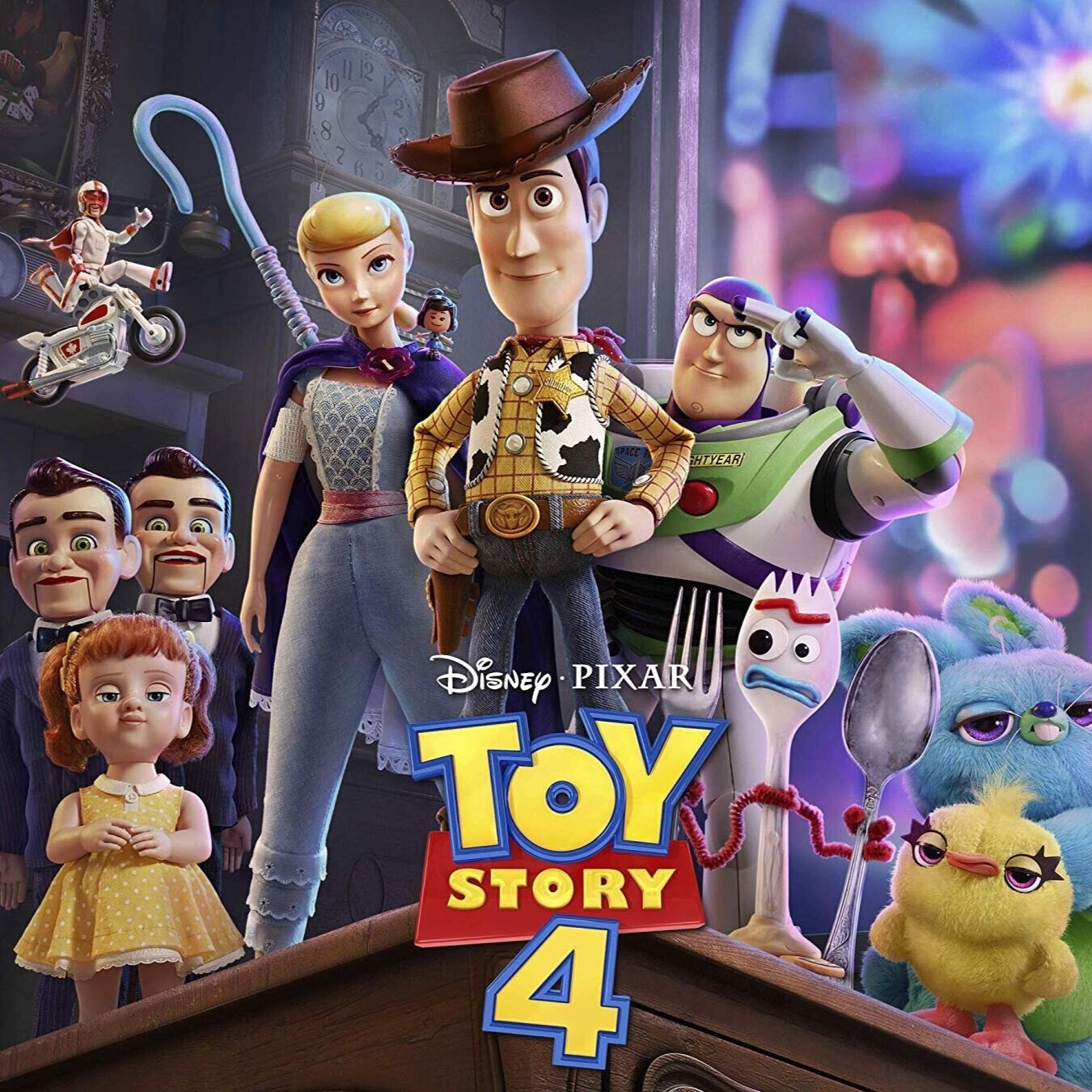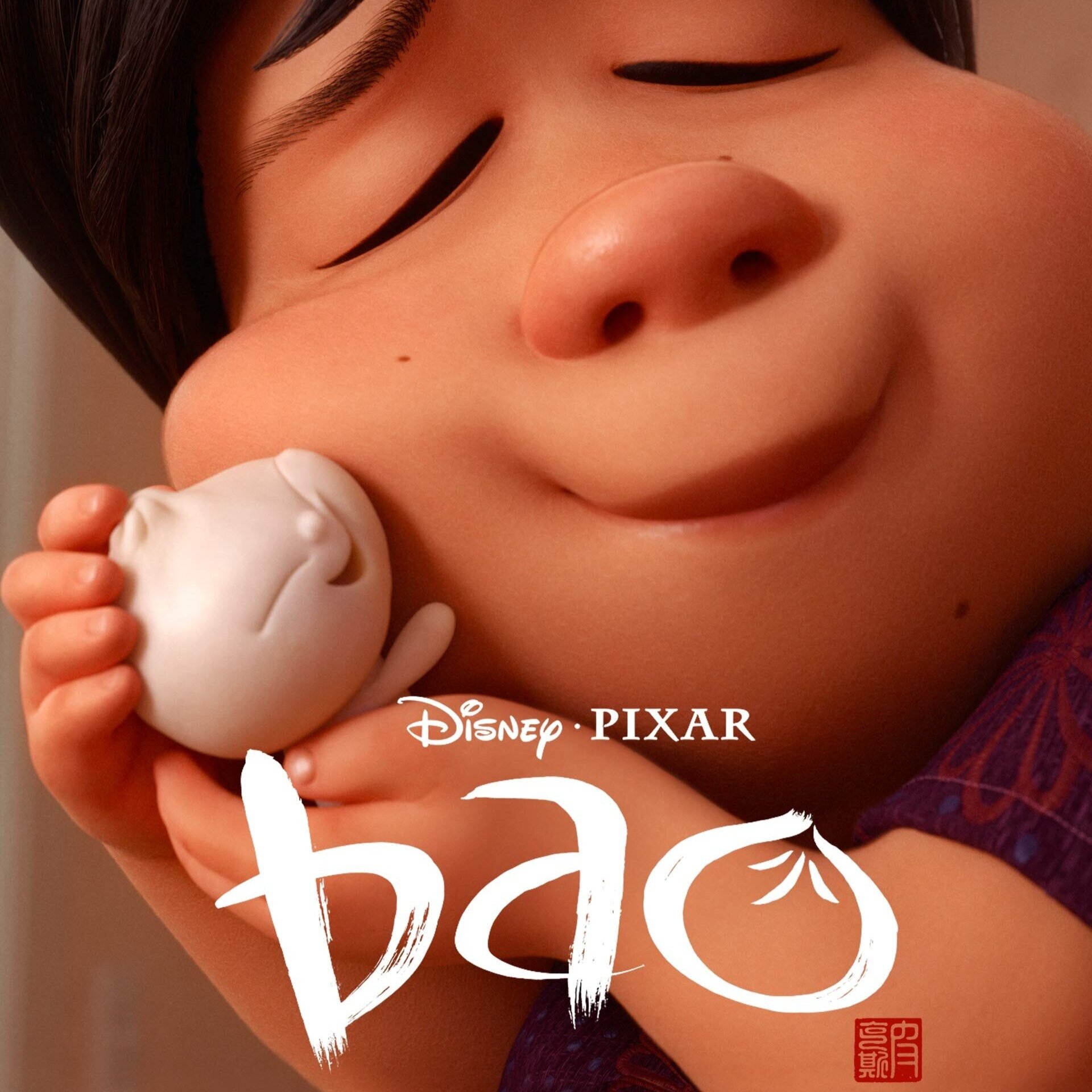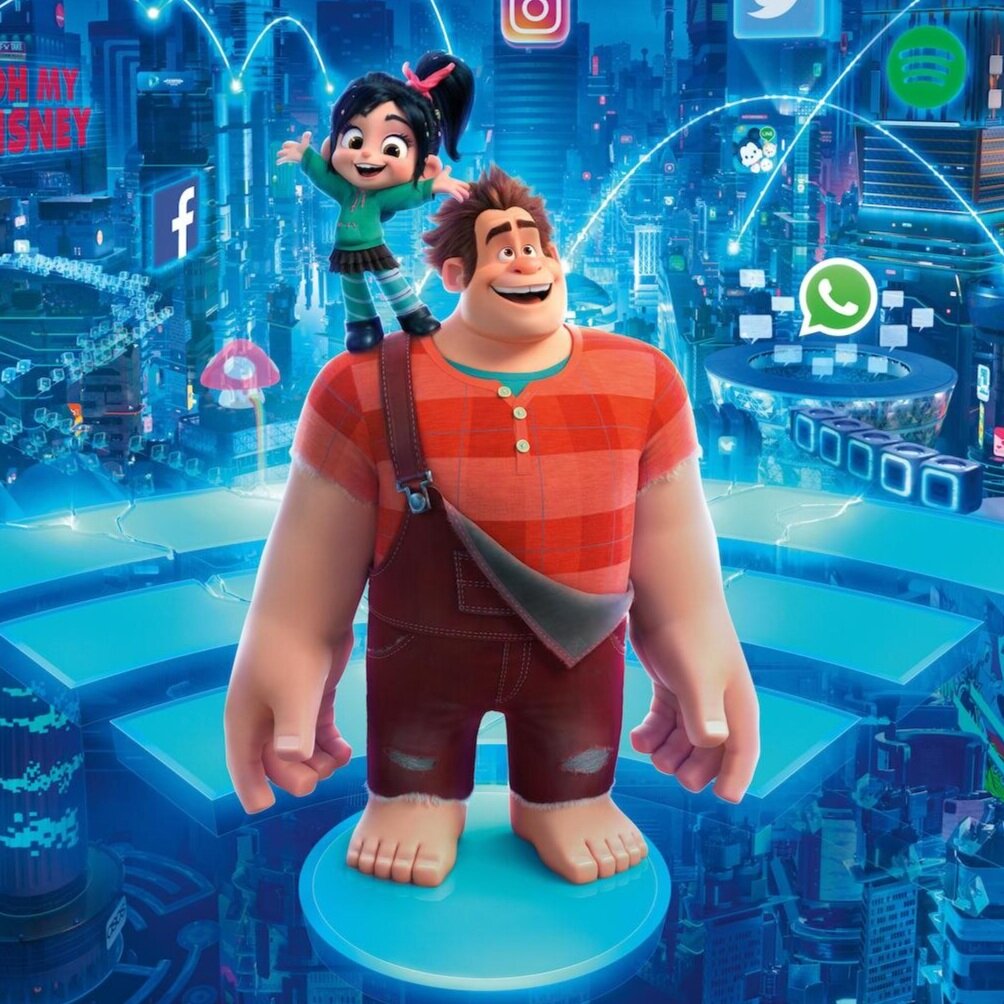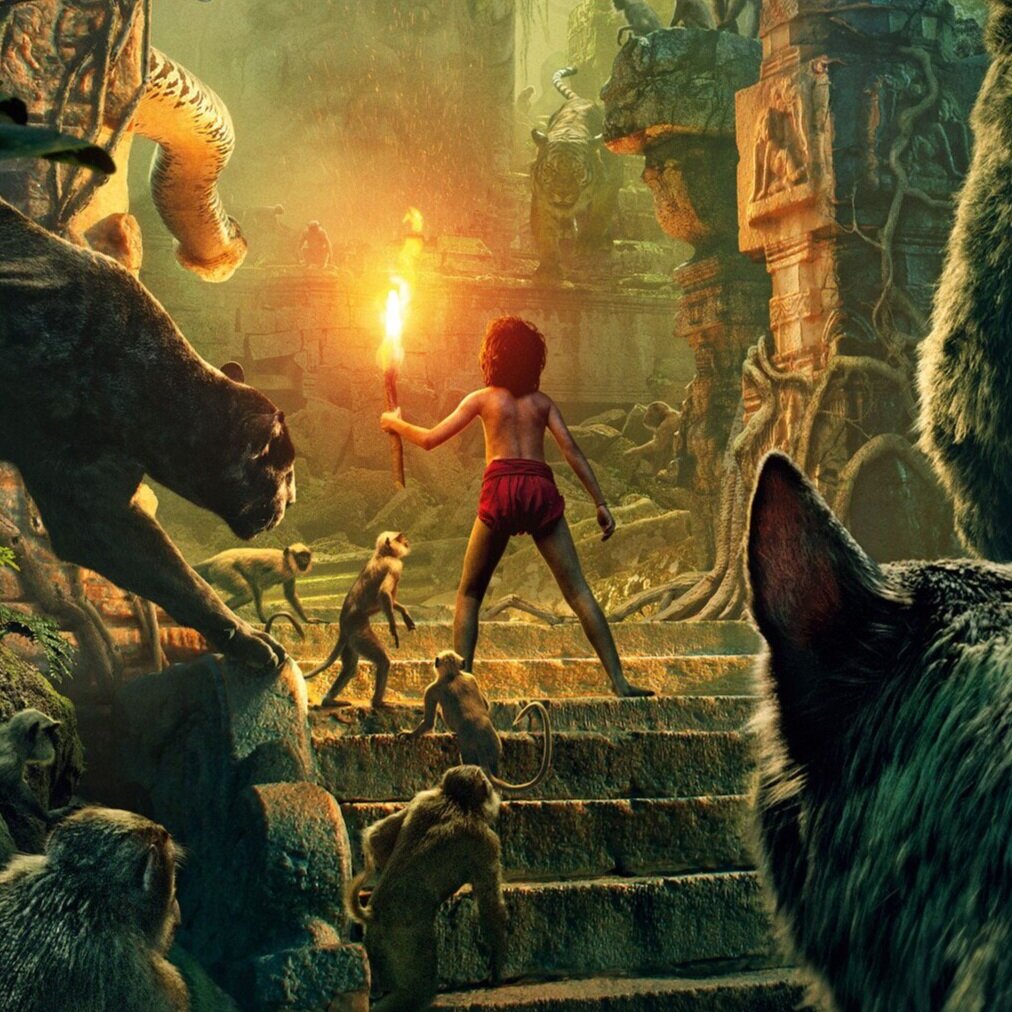Review: Toy Story 4
Toy Story 4 doesn’t fit quite as snuggly into the animated universe as its predecessors — a world that so naturally concludes with Andy’s departure to college — but Pixar still delivers an action-packed, grounded story in this welcome addition (and probable end) to a gem of a series. It’s a fresh spin on a classic story of friendship, one that travels to infinity and beyond without you ever leaving the theater.
Though the film takes us into uncharted territory (the series dabbles in romance for the first time), longtime fans will still be met with nostalgia. The first scenes of Toy Story 4 call back to the very first movie, featuring a fun action sequence where Woody, directed by the always assertive Green Army Men, hops on Slinky’s spring backside to rescue RC car from the street. Woody's the real star of this film, but old favorites like Rex and the Potato Heads deliver one-liners throughout. Audiences will also find a familiar friend in Randy Newman’s always gorgeous score.
A striking change from the original film is the incredible quality of animation. Groundbreaking for its time, the animation in the first Toy Story pales in comparison to modern standards. Over the course of 24 years, growth is surely inevitable, but Pixar’s incredible attention to detail sets them apart from other modern animation studios. Subtle additions like light patterns cast by the sun through trees, dirt smudges on the side of a carnival trash can, or wave-like movement of fluff on a plush toy cultivate a sense of realness in this completely fictional world.
Improved technology isn’t the only new thing here. In a series already chock-full of characters, Toy Story 4 juggles a slew of new players beautifully. Additions to the original gang include Ducky and Bunny, a duo of bitingly funny plush toys (Key and Peele); Duke Caboom (Keanu Reeves), an insecure Canadian stuntman disillusioned by the false advertisement of his motorcycle capabilities; and antagonist Gabby Gabby (Christina Hendricks), an unsettling antique doll who painfully longs for a child of her own. They’re artfully designed — Gabby Gabby’s lifeless doll eyes are an especially creepy touch — and emotionally complex, each driven by their ingrained desire to serve children.
However, the film’s central character doesn’t share this noble calling at first. His name is Forky (Tony Hale), a new “toy” fashioned from a spork by kindergartner Bonnie. He sports pipe cleaner arms and a lopsided smile, waddling around on popsicle stick feet. Forky’s aesthetic is endearingly shoddy, and when he becomes sentient, we half-expect his personality to match — I, for one, anticipated a goofy, clumsy charisma. Instead, Forky’s temperament in the first half of the film is defined by his overpowering inclination to hurl himself toward any trash receptacle in sight. No, he’s not suicidal or self-destructive; this is a children’s movie after all, although Pixar seldom shies away from mature themes.
Forky just wants to return to his origins and feel the warmth and comfort of other discarded utensils among the garbage. And he tells Woody so on a long walk the pair takes along a country road, brazenly declaring, “I am trash!” (and inspiring a host of ensuing memes). During their dramatic, wilderness-backed conversation, Woody reuses a line from the first Toy Story, grilling Forky that he’s a toy. In the original film, Woody drills this notion into a delusional Buzz Lightyear who thinks he’s a real space ranger, uttering the statement in bitterness and jealousy. But here, the sentiment sheds light on Woody’s obvious growth. He genuinely wants to make his kid happy by delivering Forky home safely. In order to do so, Forky must understand his new purpose as a child’s plaything, and Woody in turn uses his mission to avoid facing his dwindling importance in Bonnie’s life.
Dark, huh? Toy Story 4 presents plenty of bleak plot points (Woody’s search for meaning, Gabby Gabby’s longing for a single joyful moment with a child, and Buzz’s doubt in his own inner voice, to name a few), but handles these heavy themes with a light touch and well-timed humor. During Woody and Forky’s walk, Woody’s monologue veers dangerously toward the depressive. Just when the gloom sets in, though, the film reels it back with a comedic turn: Forky reveals that he’s been tuned out the entire time, preoccupied with inspecting his misshapen pipe cleaner hand. In another glum scene, Bonnie tosses Woody aside and he bounces into the closet with an old piece of lint in tow. Woody’s face contorts as he contemplates Bonnie’s growing indifference toward him. But then the camera zooms out to the other forgotten toys, who scrutinize Woody and offer him hilarious names for his new dust friend. “How about Linty?” one calls, followed by, “Or Bill? Or Lebron!”
As always, Pixar keeps its jokes light, G-rated, and surprisingly current. Bo Peep’s epic feminist makeover best represents this modernity and social awareness. She’s no longer the quiet, background character of the first two films. Now unowned by a single child, Bo takes full command of her life as a so-called “lost toy” and leads a group of rogue toys at carnival teeming with young kids. Her badassery is just overt enough to make its point, but handled deftly enough as to avoid the overemphasis that often plagues contemporary movies, such as those of the Marvel Cinematic Universe. She’s a breath of fresh air in a male-toy-dominated world, sending a message to young kids in the power of kindness, loyalty, and independence.
It remains to be seen whether Woody and friends’ narrative will continue, but if any studio can handle a movie quintet, it’s Pixar. Finale or not, Toy Story 4 is a delight for children and parents alike, as well as a comforting walk down memory lane for those who grew up alongside Andy and his lovable troupe of toys.



